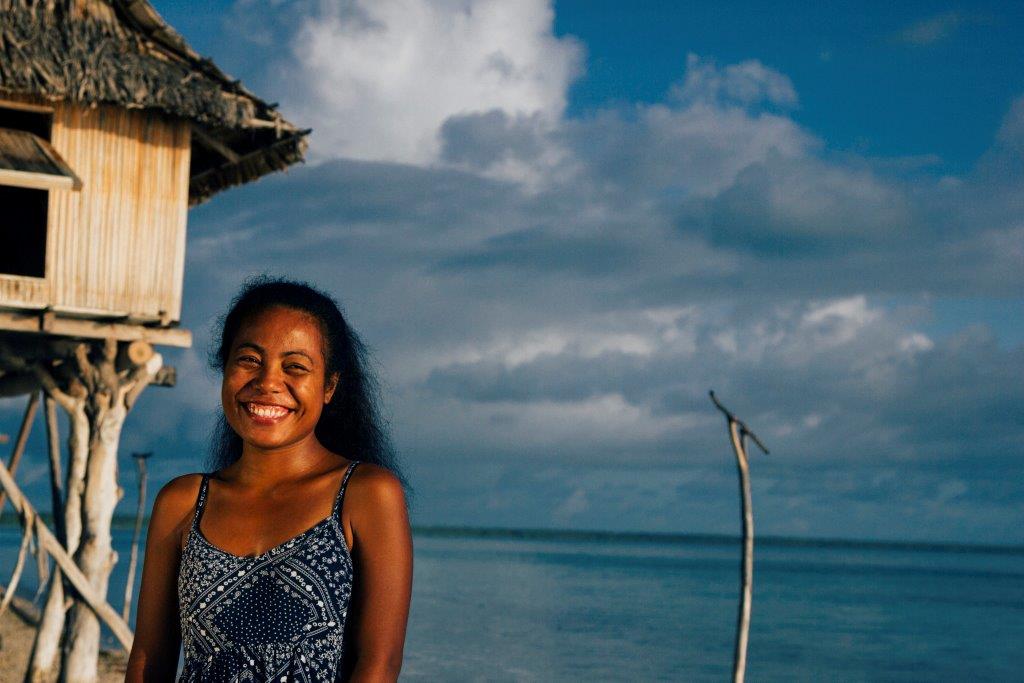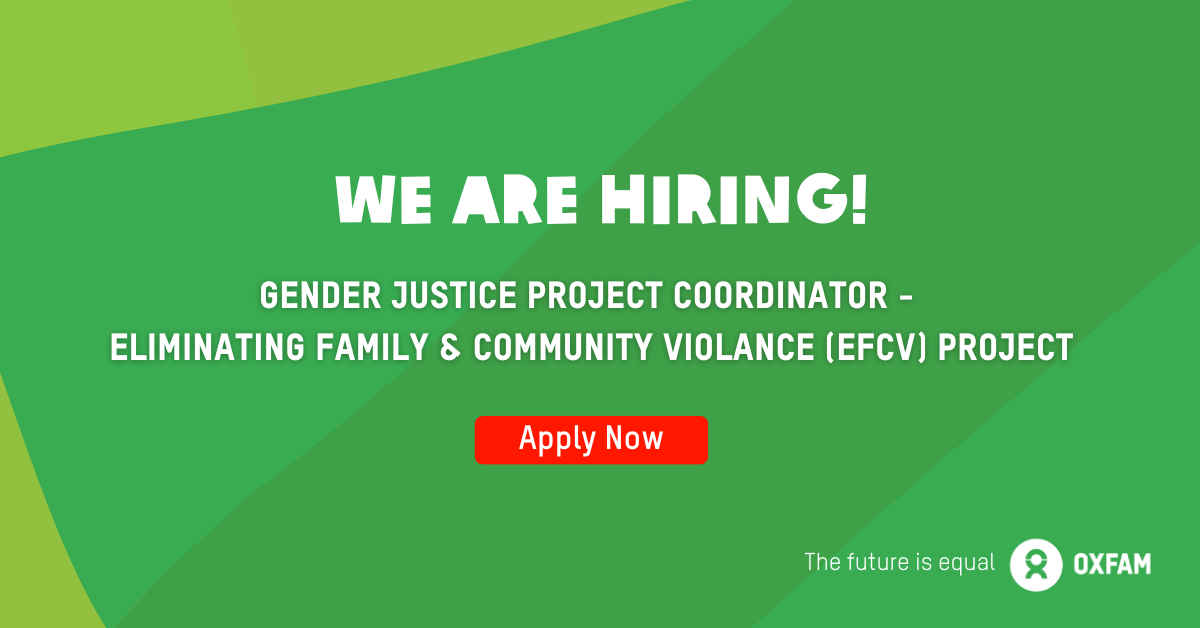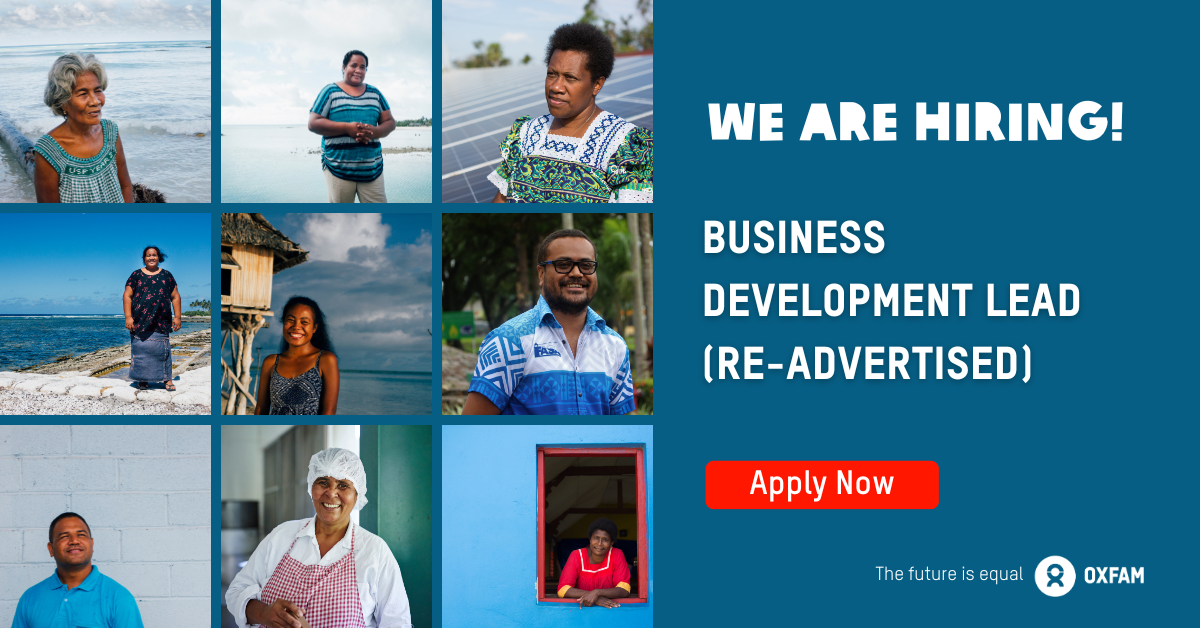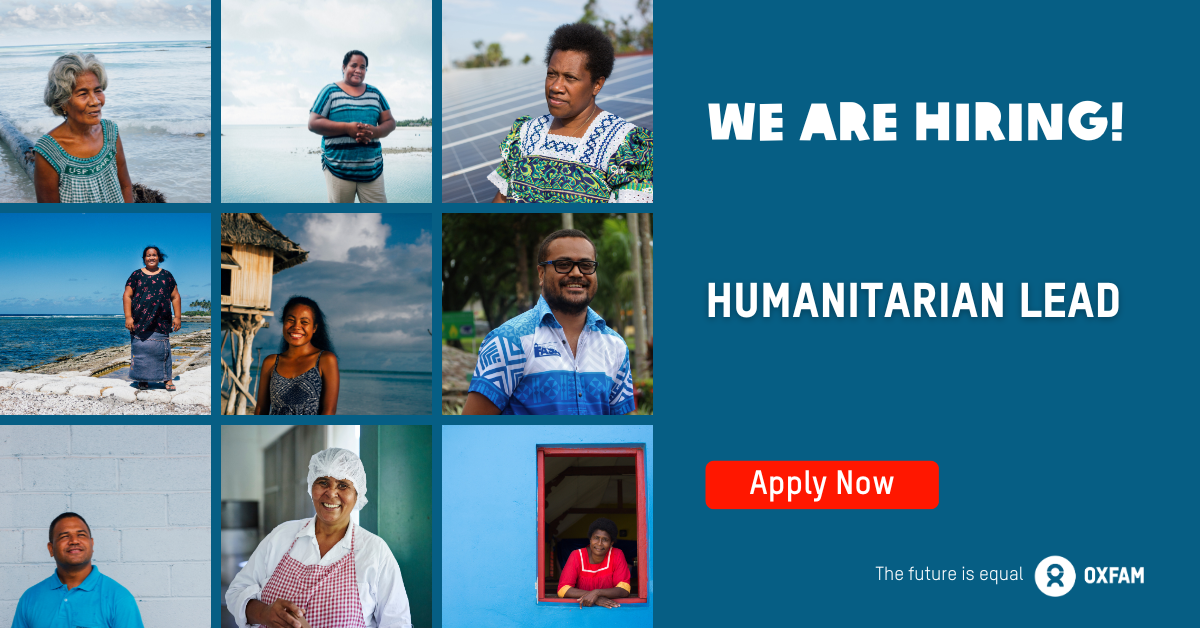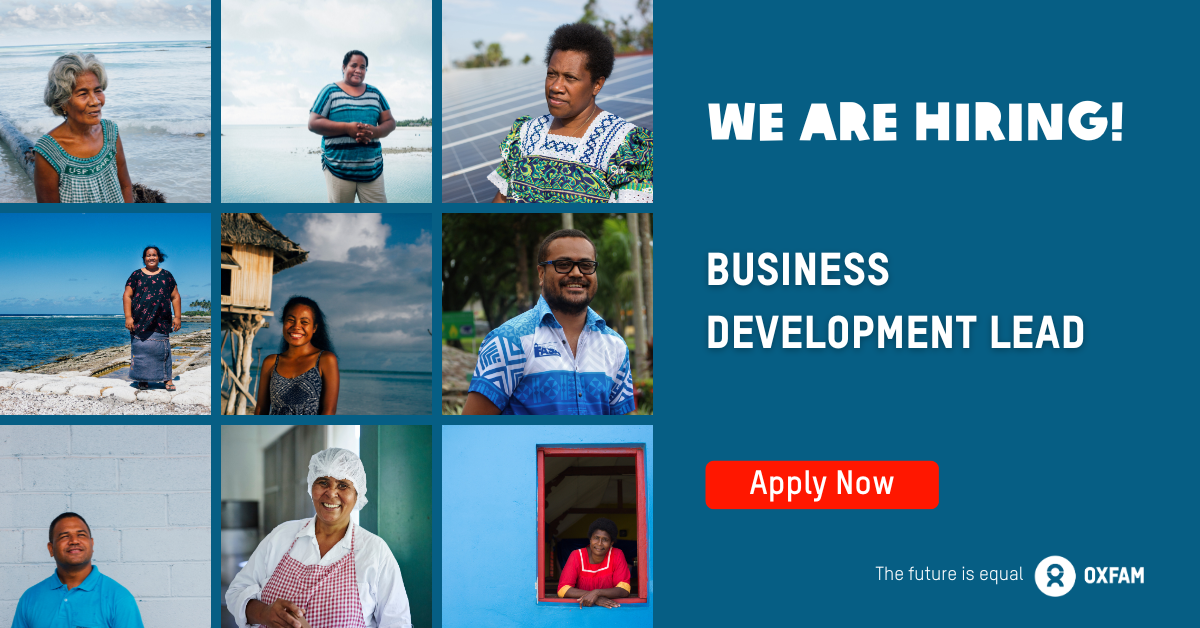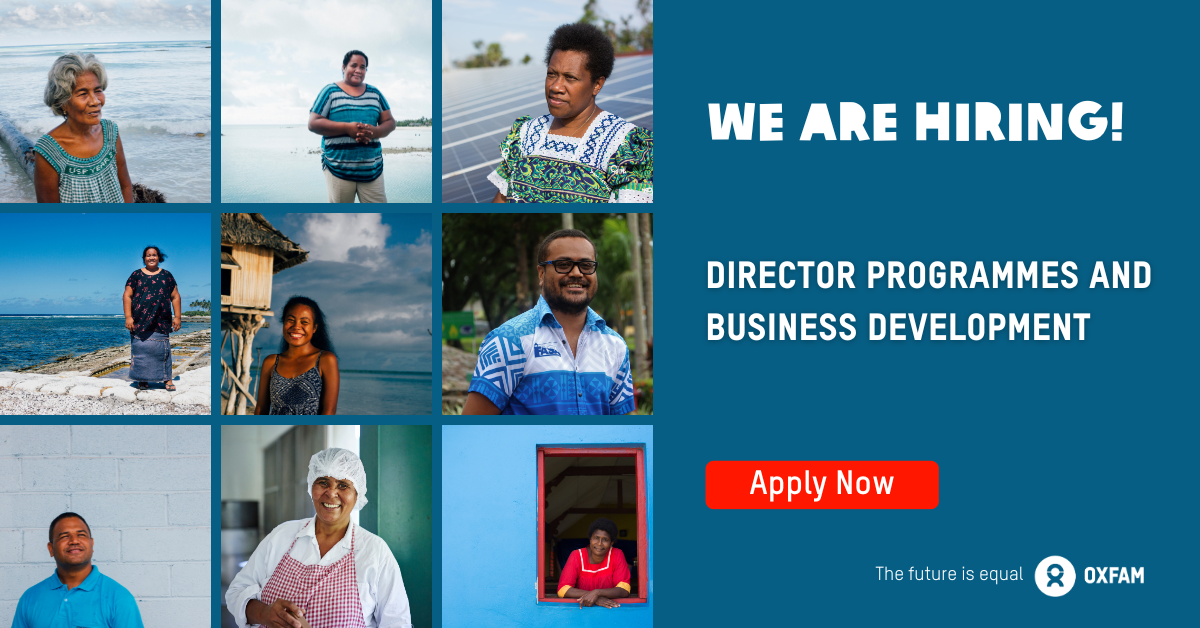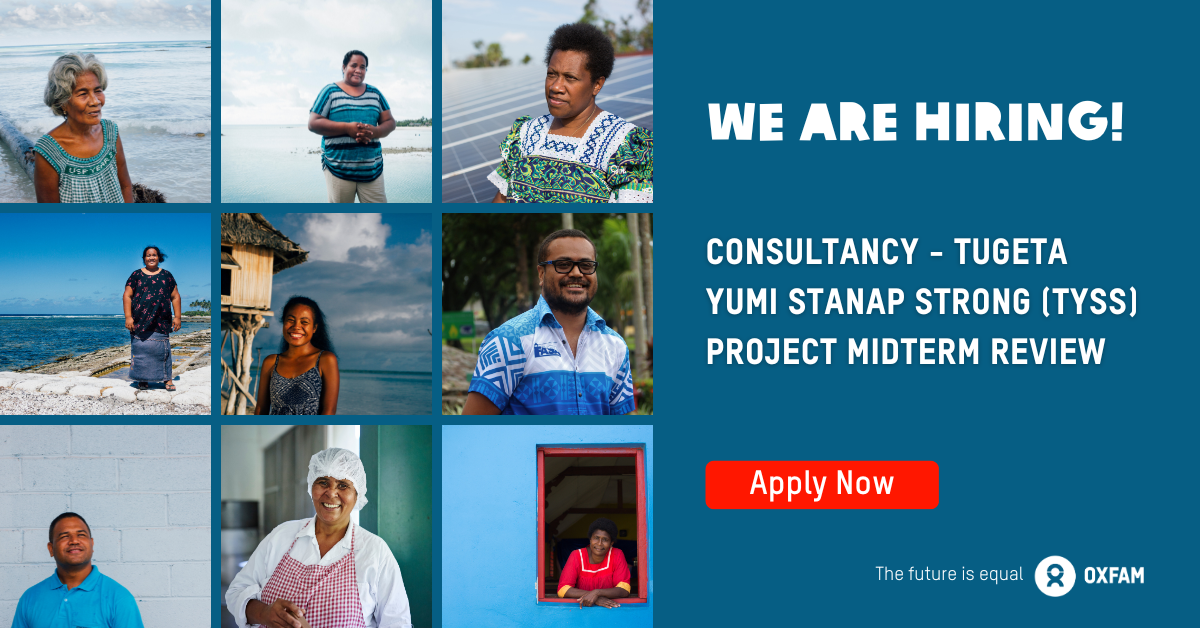It is undeniable that with the increased affordability and accessibility to the internet, smartphones, and social media, people all over the Pacific have not escaped the flood of communication technology advancement. From the highlands of Papua New Guinea to the busy streets of Suva, from the Australian outback to the island of Funafuti, people of all cultures and socio-economic backgrounds in the Pacific are now more connected through the web than ever before.
Do you remember Myspace?
It was a mere 15 years ago when I had to use a desktop computer in an internet café in downtown Koror to check email and Myspace.
Do you remember Myspace? Yes, it seems so long ago now and my teenage daughter doesn’t even know that it preceded Facebook. Fast forward to 2018 and now we can instantly watch the latest episodes of Korean dramas or check the half-time rugby scores on our phones; video call our friends and relatives half-way around the world; and buy Nike’s latest Kaepernick-inspired shoes online because it’s a lot cheaper than buying it at the local store.
Even the words you see right now are being read on a screen rather than on a page and scroll is no longer a rolled piece of paper but a vertical movement of the thumb.
And while it may seem that this is all well and good – that technology has allowed us to be more interconnected – perhaps as Pacific Islanders we should still be, if not more, wary of the potential dangers posed by the virtual world of fake news, memes, and the hashtag.
The practical use of technology
My concern lies not in the practical use of technology, nor do I critique the benefits of instantaneous communication or its potential to boost economies across the region. Rather, I am more concerned about how Pacific people, especially the youth, are inevitably and increasingly exposed to the dark side of the internet. With the touch of a screen, many are exposed to pornography, identity theft, cyber-bullying, catfishing, sexting, and not to mention the detrimental effects of too much screen time on one’s health and physical social interactions. In Palau, as I’m sure is a rising trend across the Pacific, it’s safe to say that a majority of school-aged children know more about memes and the Kiki challenge than village names and their chiefs. For the former, all they have to do to is open an app on their device to see, while for the latter, they have to learn it in school the “traditional” way through a Palauan History textbook. Is this the cost we are paying for the sake of global connectivity and so-called economic development? And more importantly, is it a cost that we are willing to pay? How is this affecting our cultures, social norms, traditions, historical knowledge and our identities? Can we envision what our islands will be in two-decade’s time? Will our children still speak their native tongues? Perhaps as of right now, we are so caught up in the buzz of social media and popular culture life that we’re failing to notice how this connectivity is really affecting our daily lives.
Now, I know that not everyone in the Pacific has similar access or exposure to what I have mentioned yet, but I think it’s nonetheless inevitable – where many of us are more informed about Trump’s latest tweets and about the latest reshufflings of Australia’s cabinet than news and events happening in our own islands. I fear that the more connected we become with the world, the more disconnected we are to those right next to us and the more distracted we are from what’s important in our daily lives. Of course this may well be a major exaggeration, and that it’s really up to individuals and their judgement to decide how they experience social media and web-based services, but the dangers still remain. And the fact that essential laws, regulations, and authorities aimed at minimising these dangers are non-existent in many of the Pacific islands should be reason enough to prompt more action and focus on the issue.
Having said this, however, the internet does offer many benefits and it’s not too late for us to set in place proper measures. I think the key for us is to take a balanced approach which enables us not only minimise our exposure to its dangers, but also allow us to take advantage of the internet’s connectivity and potential to drive sustainable development.
Furthermore, as individual countries we cannot do this alone as it requires a collective, regional approach. As the Pacific’s leaders maintain dialogue on progressive regionalism and seek solutions to key issues such as climate change and non-communicable diseases, responsible internet provision and usage should perhaps be regarded as one such issue as well. I posed the question earlier – is this a cost we are willing to pay? And I think the truth is, we don’t have a choice. But a higher price would eventually be burdened by the Pacific’s posterity if we don’t take the proper and necessary steps today in ensuring that the internet remains as a tool for us and not as a source of social and psychological harm.
So let us put more focus now on how we can safely utilise this ever-advancing technology and perhaps through its power and reach, we’d be able preserve our languages, cultures, traditions, and our Pacific identity. Yes, it will be a challenge for us, adapting to ways that we may not be used to, but maybe it’s the only way for us to navigate ahead through this new globalised era. Because if my teenage daughter can learn more through streaming media than reading textbooks, then taking internet access away from her will not help her. But allowing her safer access to it and posting more educational Palauan content online will. After all, as long as it’s safe and effective, how we communicate isn’t that important. It’s what we are communicating, to whom, and why. And to fully realise this for us, is the #BluePacific digital challenge.
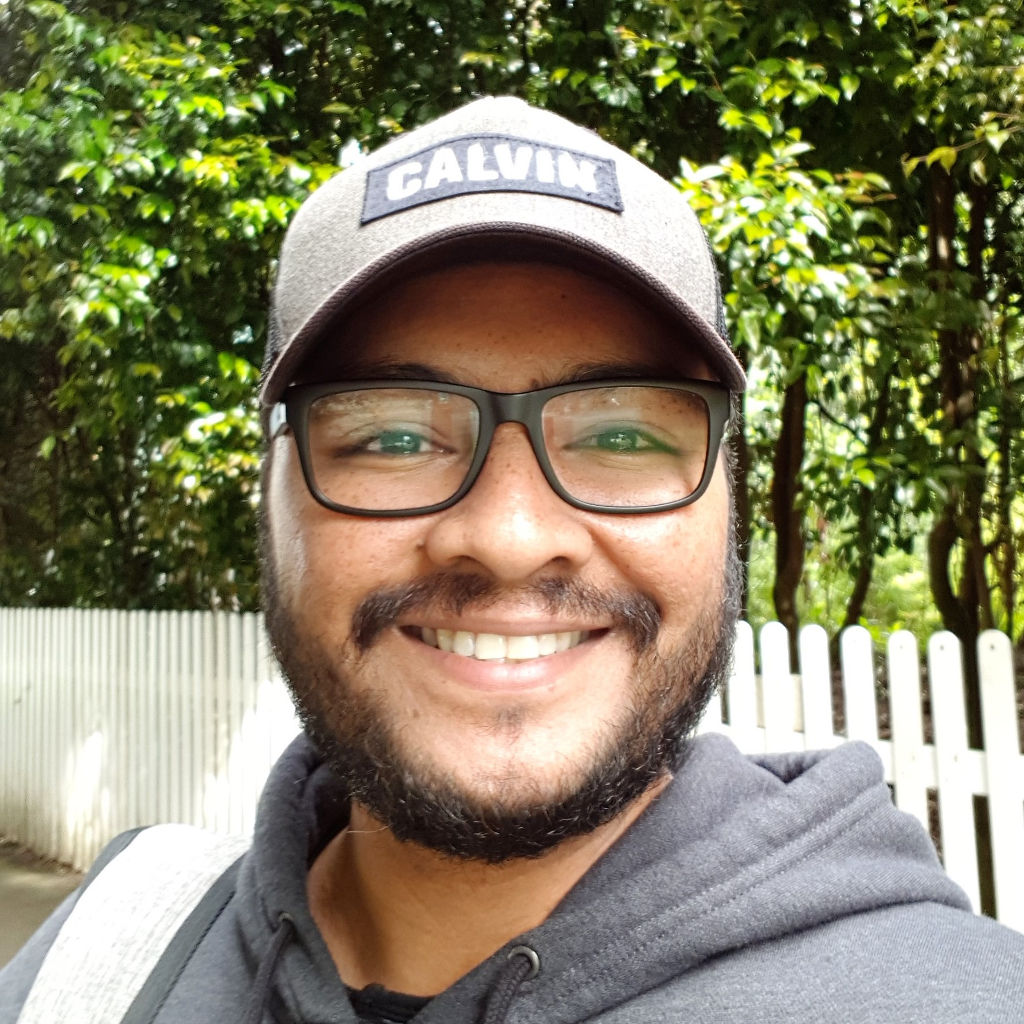
Gaafar J. Uherbelau
Gaafar J. Uherbelau is a public health professional and consultant from the Republic of Palau. Since 2007 he has worked with the Palau Ministry of Health in various areas including health communication, emergency preparedness, health policy and evaluation. Currently studying Public Health, Politics and International Relations at the University of Auckland, he is also a columnist for Pacific Island Times and Pacific Note.
Article feedback and inquiries can be sent to [email protected]

